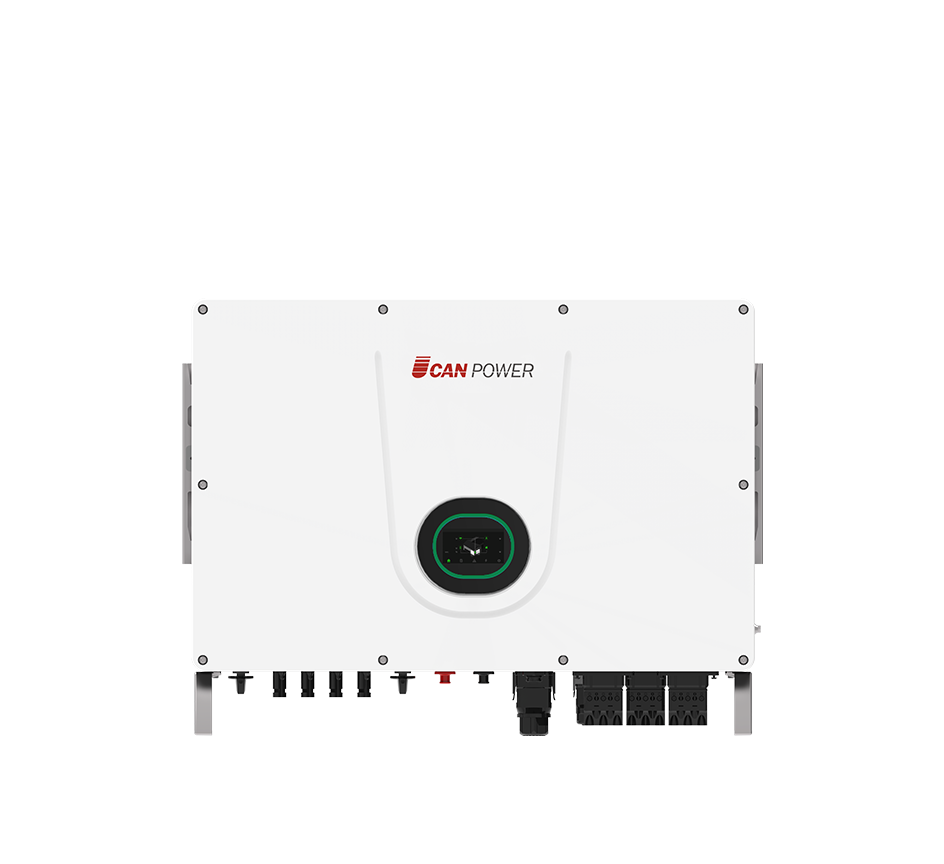Battery storage for solar power is a game-changer in the renewable energy landscape. This combination of solar panels and battery storage systems offers a reliable and sustainable source of electricity, reducing reliance on fossil fuels and providing energy independence.
One of the main benefits of battery storage solar power is the ability to store excess energy generated by solar panels during the day for use at night or during periods of low sunlight. This ensures a continuous supply of power, even when the sun isn't shining. Batteries can also be used to smooth out fluctuations in power output from solar panels, providing a more stable and reliable electricity supply.

There are several types of battery technologies available for solar power storage, including lithium-ion, lead-acid, and flow batteries. Lithium-ion batteries are the most popular choice due to their high energy density, long cycle life, and relatively low cost. However, lead-acid batteries are still widely used in some applications due to their affordability and proven track record.
In addition to providing backup power, battery storage solar power systems can also help reduce electricity bills. By storing excess energy and using it during peak demand periods when electricity rates are highest, homeowners and businesses can save money on their energy costs. Moreover, these systems can also provide grid services such as demand response and frequency regulation, helping to stabilize the electrical grid and reduce the need for expensive peaker plants.
Overall, battery storage solar power is a promising technology that offers numerous benefits for both the environment and consumers. As battery costs continue to decline and solar panel efficiency improves, this combination is likely to become an increasingly popular choice for powering homes, businesses, and communities.
